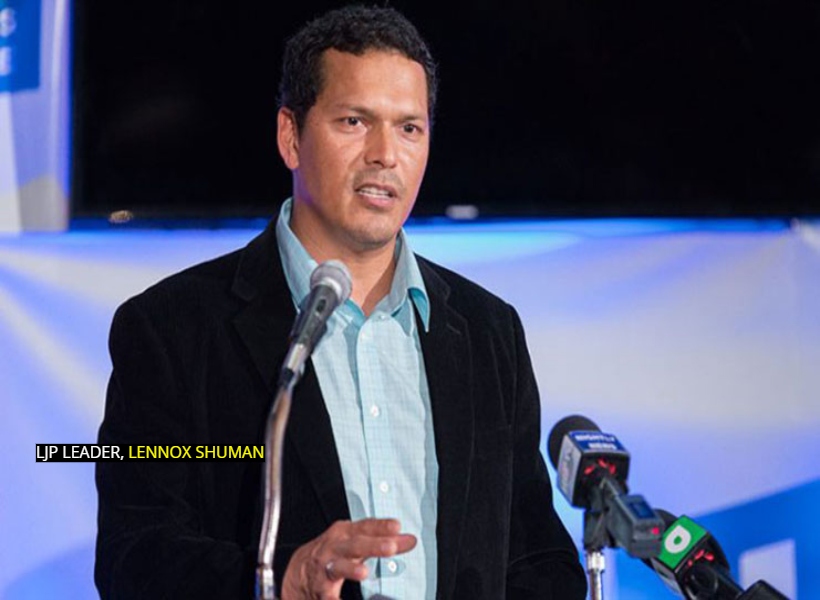As nations continue the transition to cleaner sources of energy, a recent Rystad Energy study has found that the world’s major oil producing companies will have to divest combined resources of up to 68 billion barrels of oil equivalent resources with an estimated value of US$111B along with spending commitments in 2021 totaling US$20B.
Rystad said that the world’s supermajors will have to make this radical adjustment if they are to improve cash flow, cost efficiency and competitiveness during this energy transition period. Guyana Standard understands that ExxonMobil, BP, Shell, Total, Eni, Chevron, ConocoPhillips and may seek to exit 203 country positions and as a result reduce their number of country positions from 293 to 90.
Rystad Energy’s Senior Vice President Tore Guldbrandsoy was keen to note that companies will look to expand in the prioritized countries through exploration, acquisitions or asset swaps with other Major players. However, to stay in a country, the Senior Vice President said that a company may instead seek to grow its local business more aggressively to make sure the portfolio will have a positive and more significant impact on overall performance.
Rystad Energy’s study shows that all the majors are likely to keep a presence in the US, and most of them may also remain in Australia and Canada. On the other end of the scale, the energy research company sees quite a few countries with only one oil major present, including Argentina (BP), Ghana (Eni), Thailand (Chevron) and Guyana (ExxonMobil). In some of these countries, Rystad said it could be tempting for others to stay or increase their presence as the competition may be more limited. At the same time, it said that these countries could also be growth targets for other companies than the Majors.
In recent months, Rystad said it has seen that the majors are already putting larger portfolios up for sale, like ExxonMobil, which is planning several country exits including the UK, Romania and Indonesia, and Shell which was trying to exit a key Liquefied Natural Gas asset in Indonesia in 2019. Rystad said this shows that the Majors are well aware of the need to focus their portfolios to improve cash flow, efficiency and competitiveness as the energy transition accelerates – but so far, the steps may be too small.
Rystad said it also expects that the Majors will divest assets with high emission intensity to meet long-term targets for reducing emissions.











